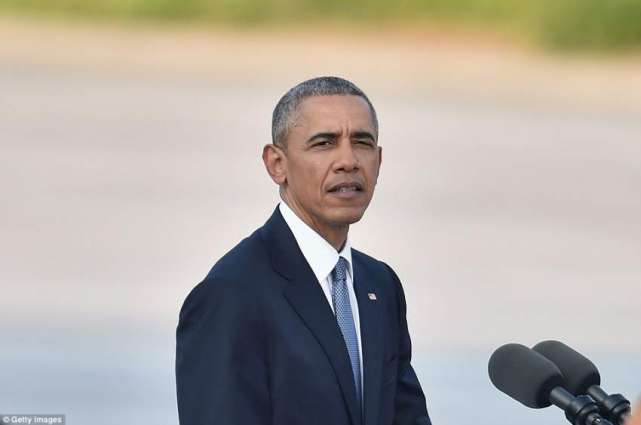European nations previously recommended that the United States avoid delivering lethal weapons to Ukraine, and former US President Barack Obama, unlike his successor Donald Trump, listened to this advice, Ukrainian Ambassador to Washington Valery Chaly said
KIEV (Pakistan Point News / Sputnik - 31st August, 2018) European nations previously recommended that the United States avoid delivering lethal weapons to Ukraine, and former US President Barack Obama, unlike his successor Donald Trump, listened to this advice, Ukrainian Ambassador to Washington Valery Chaly said.
In 2017, the Trump administration agreed to supply Javelin portable anti-tank missiles to Kiev. Obama's administration refused to deliver these weapons, despite numerous requests from Ukraine. The incumbent administration, however, endorsed the transaction and signed off on the $47 million deal, saying that the step was meant to help Ukraine defend its sovereignty and territorial integrity. In late April, the Javelin systems were delivered to Ukraine.
"I cannot reveal all the details, but President Obama listened more to the advice of Europeans who were against providing us with lethal weapons," Chaly told the European Truth media outlet released on Friday.
The ambassador, however, did not name specific European governments.
Chaly also said that Ukraine was ready to buy US weapons, rather than to just receive them as military aid.
The 2018 US defense budget, signed by US President Donald Trump in December, allocated $350 million in security aid for Kiev. In February, US Ambassador to Ukraine Marie Yovanovitch said that the United States had provided over $850 million in security aid to Kiev since 2014.
Moscow has repeatedly warned against supplying weapons to Ukraine, saying that this would result in an escalation of the military conflict in the country's eastern Donbas region, ongoing since 2014. This stance has also been supported by a number of European officials.




